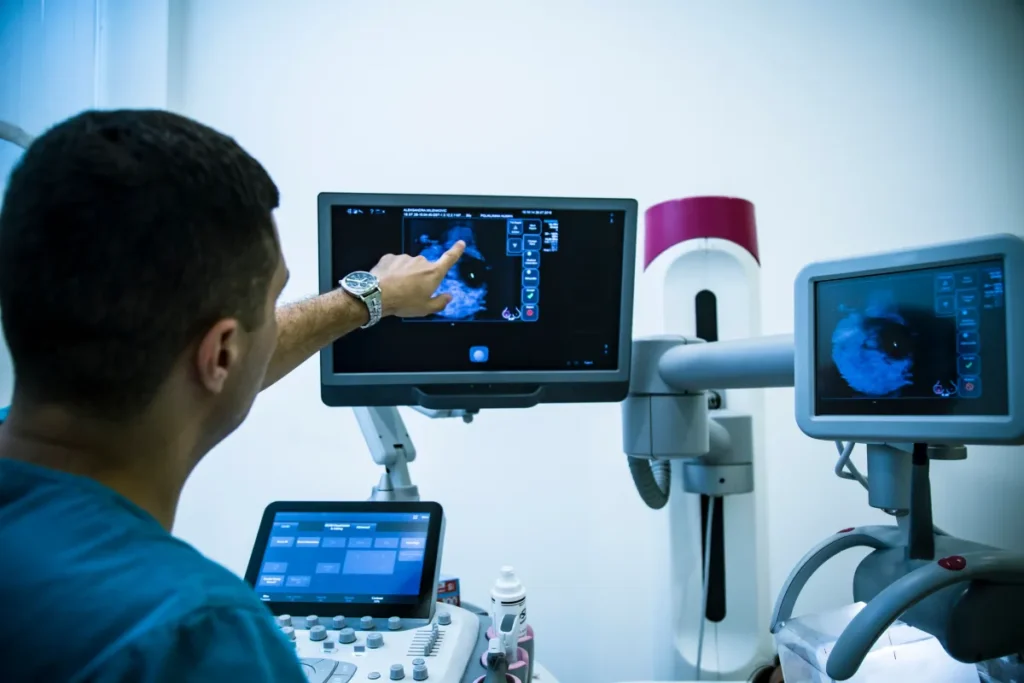
AI in Mammography: Boosting Cancer Detection or Hype?
A groundbreaking study presented by DeepHealth, a subsidiary of radiology giant RadNet, suggests that artificial intelligence (AI) could significantly enhance breast cancer detection rates in mammography screenings. According to the data, women who opted for AI-enhanced scans were 21% more likely to have cancer detected than those relying solely on traditional methods.
The findings were shared at the Radiological Society of North America’s (RSNA) annual meeting and analyzed a massive dataset of 747,604 women who underwent mammography over a year. For those enrolled in a program offering AI-assisted screenings, cancer detection rates were a striking 43% higher compared to women who opted out.
AI as a “Second Set of Eyes”
The AI technology, which complies with U.S. Food and Drug Administration (FDA) standards, acted as a supplementary tool for radiologists. Women who paid for this optional enhancement benefited from what researchers called a “second set of eyes.” The AI flagged mammogram anomalies, potentially leading to earlier and more accurate diagnoses.
However, not all of the program’s success can be attributed to AI alone. The researchers noted that 22% of the increase in cancer detection was due to selection bias—higher-risk patients were more likely to enroll in the AI-assisted program. Even after accounting for this, the remaining 21% improvement in detection rates was credited directly to AI’s role in increasing recall rates for additional imaging.
The Need for More Data
While the results are promising, they are far from definitive. The study’s observational nature means the findings are not as robust as those from randomized controlled trials. Researchers are calling for further investigation to “better quantify” AI’s benefits in breast cancer detection and ensure the technology delivers consistent results across diverse patient populations.
The Bottom Line
The promise of AI in healthcare is undeniable, and this study adds to the growing body of evidence that AI can complement human expertise in critical areas like cancer detection. However, the road to full-scale adoption will require addressing selection bias and proving effectiveness in controlled settings.
For now, AI serves as a powerful tool to enhance diagnostic precision—but it’s not yet the revolution some might hope for. As randomized trials roll out, the healthcare community will be watching closely to see if this technology lives up to its potential.